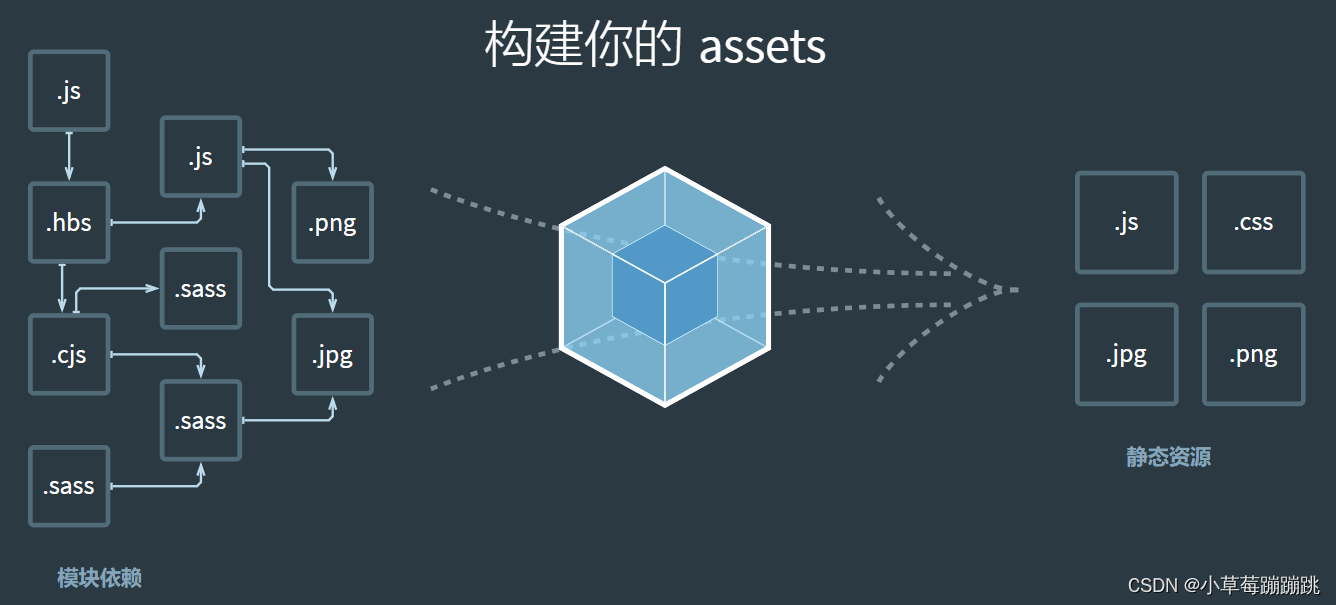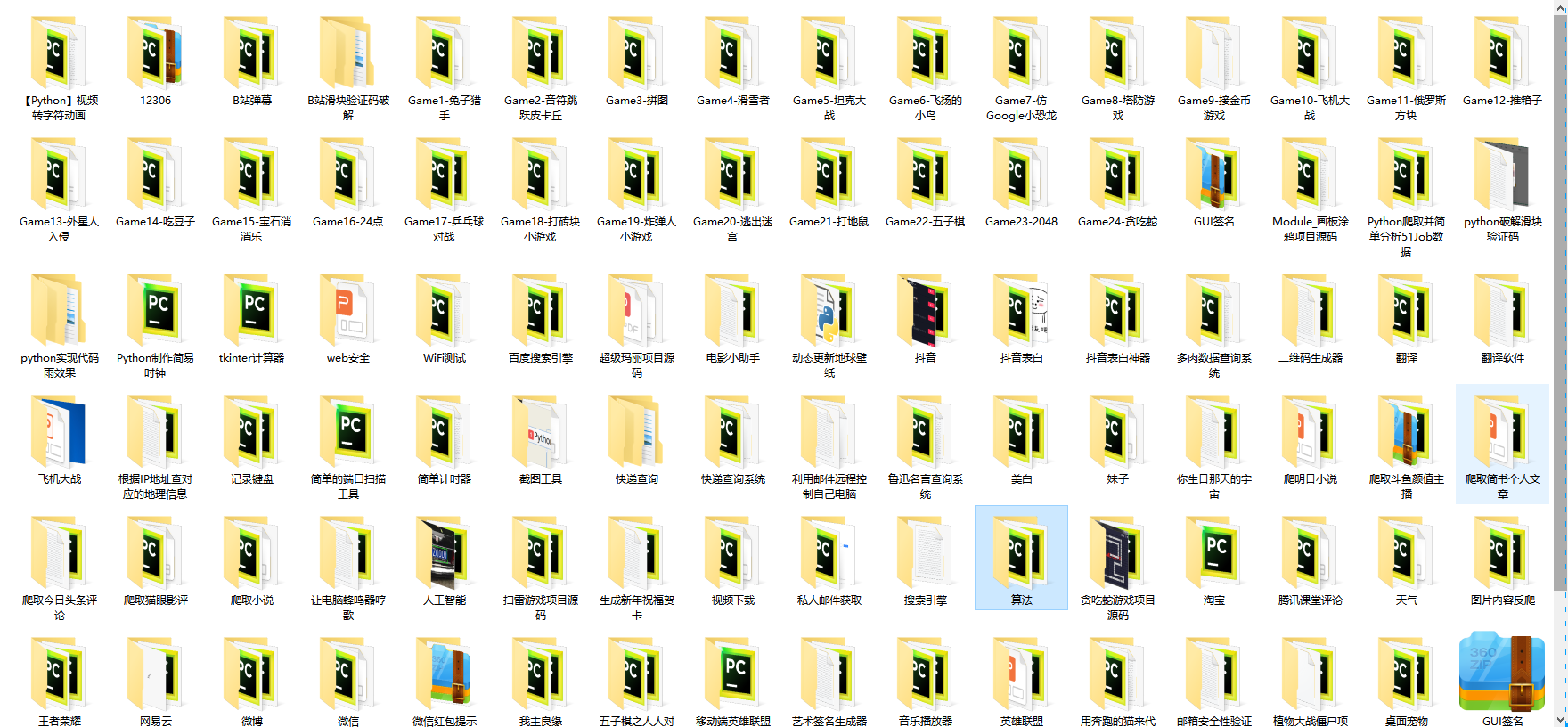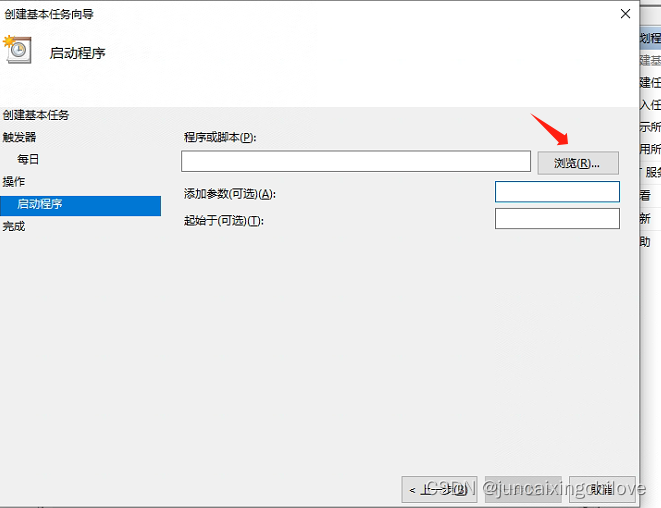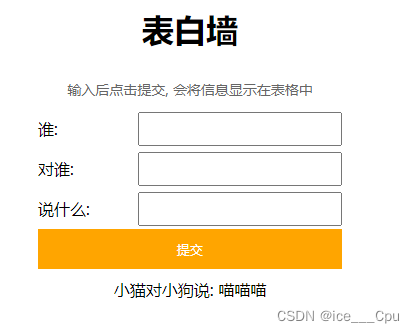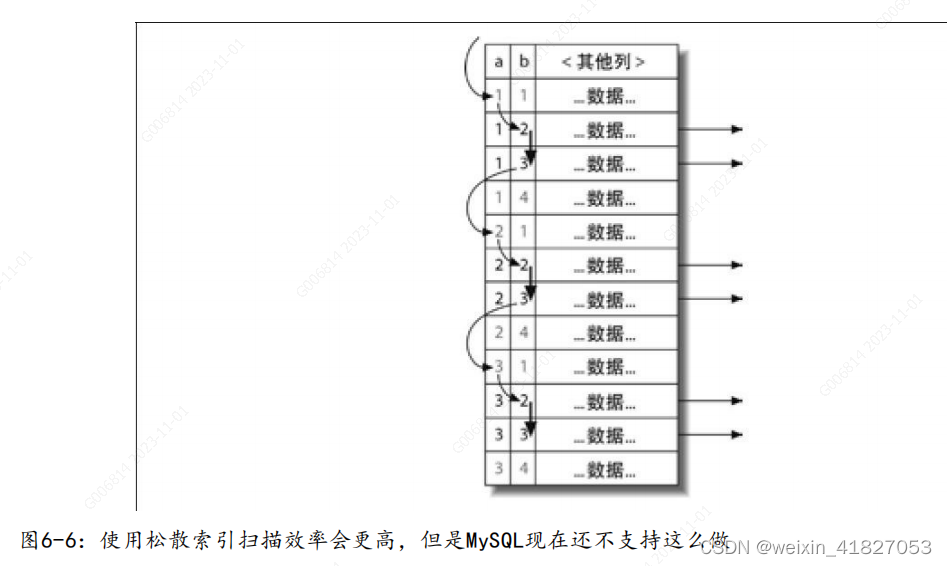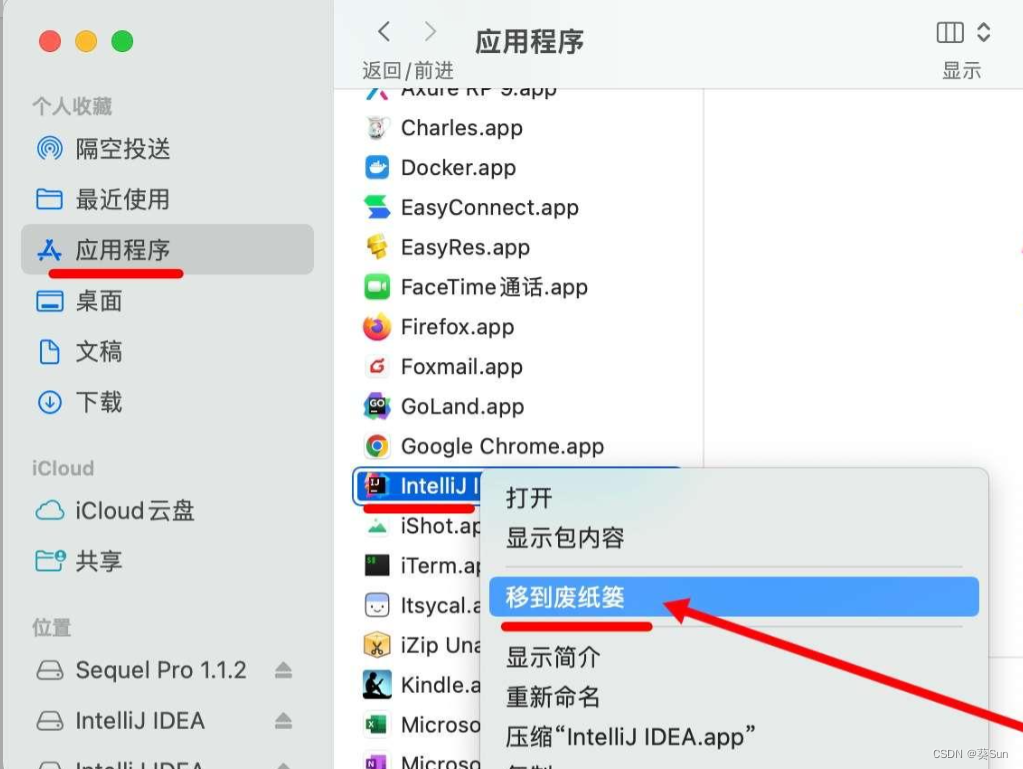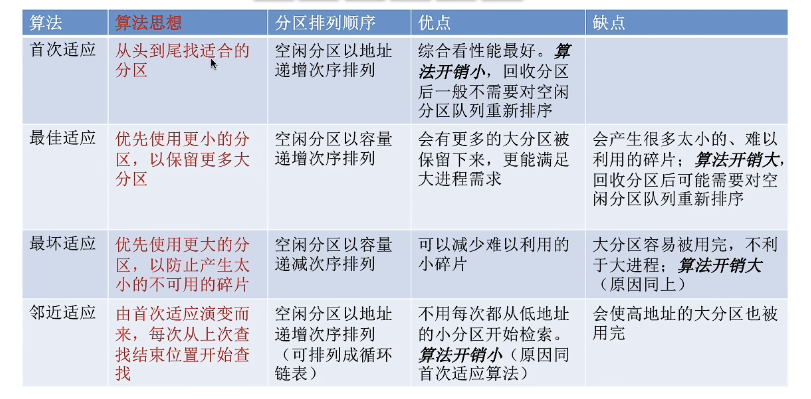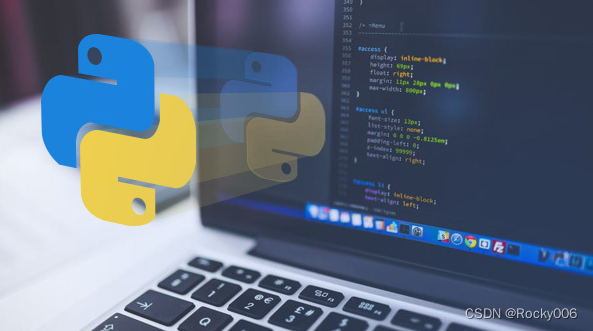
概要
不知道小伙伴们在Python编程中,我们经常会遇到一些需要反复使用的代码片段,例如装饰器、高阶函数等。为了提高代码的复用性和可读性,Python提供了functools模块。functools模块包含了许多实用的功能,可以帮助我们更好地编写和优化Python代码。本文将详细介绍functools模块的主要功能,并通过实例演示如何使用这些功能来提高我们的编程效率。
functools 是 Python 的一个内置模块,提供了一些方便的函数工具。下面是 functools 模块中其中一些常用函数的详细使用:
functools.partial
用于给一个已有函数设定默认参数,返回一个新函数。新函数的调用方式与原有函数调用方式相同,所以它非常适合做一些常规参数设置,来减少代码中的重复部分。举例来说,假设我们有一个计算平方的函数,我们想设定它的默认参数为 2,可以使用如下代码:
import functools
def square(base, power):
return base ** power
square_2 = `functools.partial(square, power=2)
print(square_2(4))
# 输出16
functools.reduce
该函数用于对一个序列中的项进行使用累计函数进行合并,最终得到一个单一的结果。例如,我们要对一个序列中的所有数字进行求和,可以使用下面的代码:
import functools
def addition(a, b):
return a+b
numbers = [1, 2, 3, 4, 5]
print(`functools`.reduce(addition, numbers)) # 输出 15
functools.lru_cache:
该函数可以为函数添加一个 LRU 缓存,最近最少使用缓存,以提高函数调用效率。所以在需要重复调用、计算,但返回值较为稳定的函数中使用该装饰器后,可大幅提高程序执行效率。
import functools
@functools.lru_cache(maxsize=128)
def fib(n):
if n < 2:
return n
return fib(n-1) + fib(n-2)
functools.wraps:
该函数可以将一个函数的元数据,如 docstring, name, module, annotations 等,拷贝到被装饰函数中。
import functools
def my_decorator(func):
@`functools`.wraps(func)
def wrapper(*args, **kwargs):
print(f"Calling function {func.__name__}")
return func(*args, **kwargs)
return wrapper
@my_decorator
def greet(name):
"""Greet someone by name."""
print(f"Hello, {name}!")
print(greet.__name__) # 输出 greet
print(greet.__doc__) # 输出 Greet someone by name.
functools.cached_property
缓存一个对象的属性值。当属性访问时,如果值不存在,则调用指定的方法获取该值,并将其存储在对象实例中,下一次访问时可以直接返回存储在对象中的值,而不需要重新计算。
import functools
class MyClass:
def __init__(self, x, y):
self.x = x
self.y = y
@functools.cached_property
def my_property(self):
print("Calculating my_property")
return self.x + self.y
obj = MyClass(1, 2)
print(obj.my_property) # 输出 3
print(obj.my_property) # 输出 3,不再计算
functools.singledispatch
实现基于参数类型的多态功能。可以使用 singledispatch 修饰默认方法,从而实现函数在不同参数下的不同行为。
import functools
@functools.singledispatch
def calculate_area(shape):
raise NotImplementedError(f"Unsupported shape: {shape!r}")
@calculate_area.register
def _(rectangle):
return rectangle.width * rectangle.height
class Rectangle:
def __init__(self, width, height):
self.width = width
self.height = height
rec = Rectangle(3, 4)
print(calculate_area(rec)) # 输出 12
除了上述常用函数外,还有其他一些有用的函数,如 functools.partialmethod、``functools.total_ordering等,它们均可以帮助开发者更加方便地编写出更高效、更易维护的Python` 代码。
总结:
通过本文的学习,我们了解了functools模块的主要功能,包括偏函数、装饰器、缓存、组合等。这些功能可以帮助我们更好地编写和优化Python代码,提高编程效率。作为Python开发者,我们应该充分利用functools模块,将其融入到我们的编程实践中,从而编写出更加简洁、高效的代码。
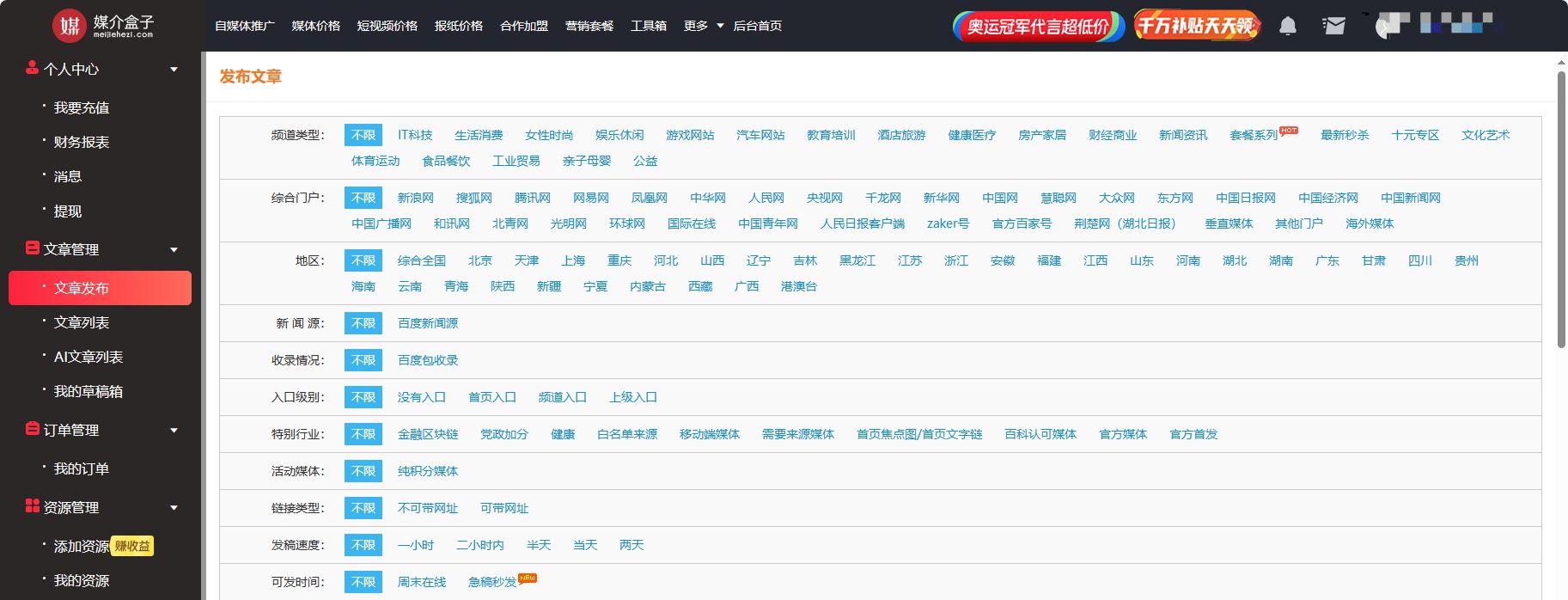

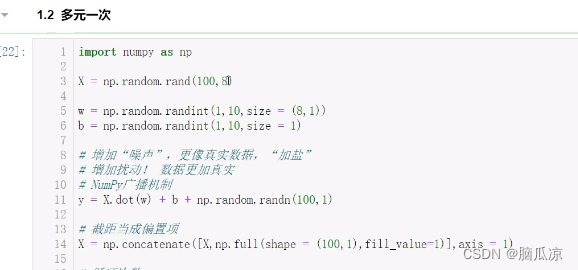
![[移动通讯]【Carrier Aggregation-10】【 Radio Resource Control (RRC) Aspects】](https://img-blog.csdnimg.cn/b28a0efd46c0463c97708459a299e8d8.png)
![Django3框架-(3)-[使用websocket]:使用channels实现websocket功能;简化的配置和实际使用方式](https://img-blog.csdnimg.cn/41e047b8c5844e0b8c2b71fb12a0fedf.png)


